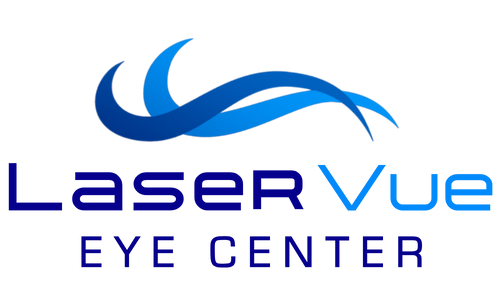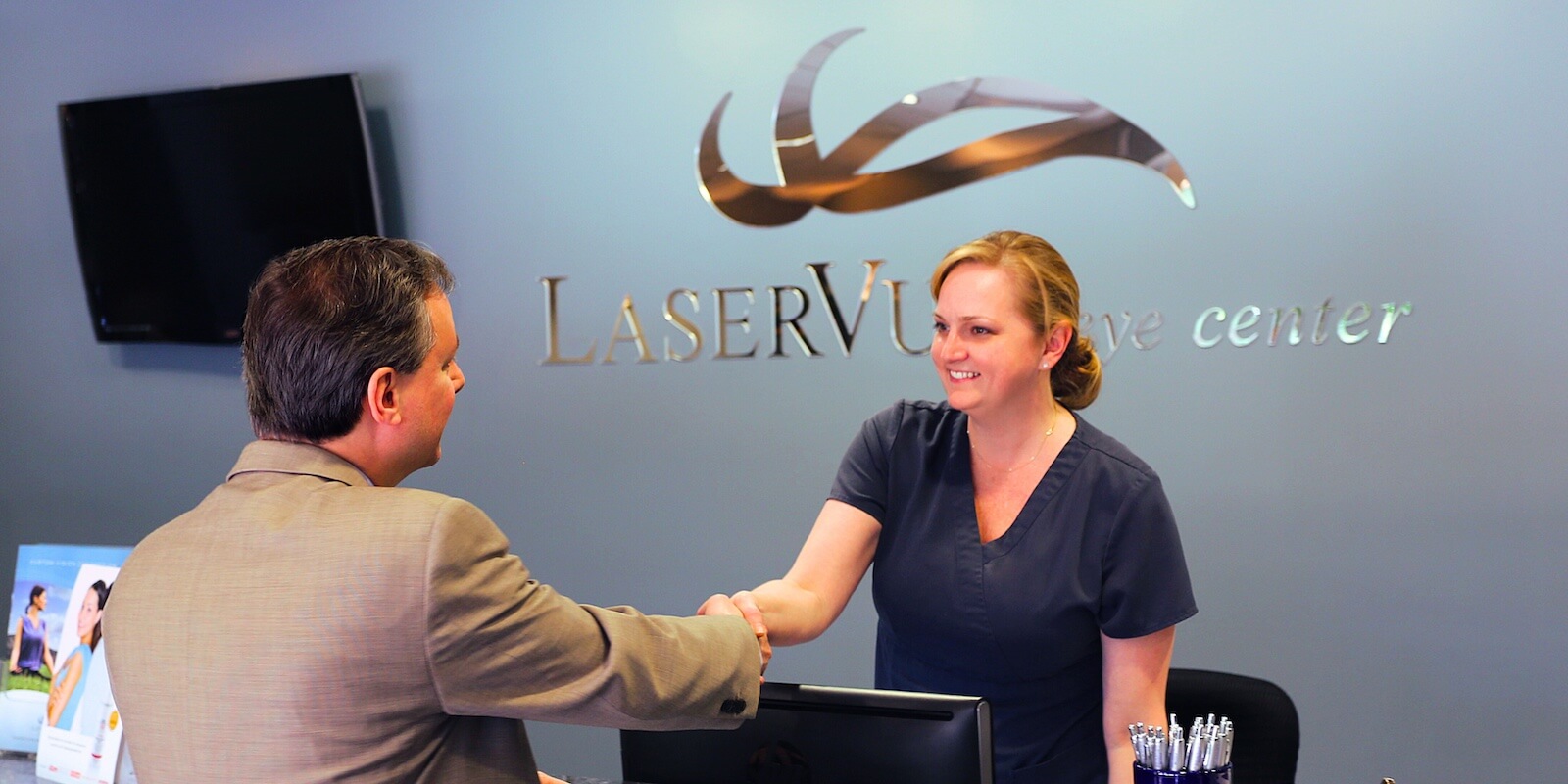LASIK Risks

What Are The Risks Associated with LASIK Laser Eye Surgery?
The vast majority of patients are very pleased with the results of LASIK surgery. However, like all medical procedures, there are risks involved. It’s important to understand the limitations and possible complications of refractive surgery.
Before undergoing any refractive procedure, you should carefully weigh the risks and benefits based on your own personal value system, and try to avoid being influenced by friends that have had the procedure or doctors encouraging you to do so.
Risks Include:
You should discuss the risks/benefits and your expectations with your doctor and realize that you may still require glasses or contacts after the surgery.
For some farsighted patients, results may diminish with age. If you are farsighted, the level of improved vision you experience after surgery may decrease over time.
Long-term data is not available as LASIK is still a relatively new technology. The first laser was approved for LASIK eye surgery in 1998. Therefore, the long-term safety and effectiveness of LASIK surgery is not known.
Monovision LASIK
Monovision is a clinical technique used to deal with the correction of presbyopia, the gradual loss of the ability of the eye to change focus for close-up tasks that progresses with age. The intent of monovision is for the presbyopic patient to use one eye for distance viewing and one eye for near viewing.
This practice was first applied to fit contact lens wearers and more recently to LASIK and other refractive surgeries. With contact lenses, a presbyopic patient has one eye fit with a contact lens to correct distance vision, and the other eye fit with a contact lens to correct near vision. In the same way, with LASIK, a presbyopic patient has one eye operated on to correct the distance vision, and the other operated on to correct the near vision. In other words, the goal of the surgery is for one eye to have vision worse than 20/20, the commonly referred to goal for LASIK surgical correction of distance vision. Since one eye is corrected for distance viewing and the other eye is corrected for near viewing, the two eyes no longer work together. This results in poorer quality vision and a decrease in depth perception.
The effects of monovision are most noticeable in low lighting conditions and when performing tasks requiring very sharp vision. Therefore, you may need to wear glasses or contact lenses to fully correct both eyes for distance or near when performing visually demanding tasks, such as driving at night, operating dangerous equipment, or performing occupational tasks requiring very sharp close vision (e.g., reading small print for long periods of time).
Some patients cannot get used to having one eye blurred at all times. If you are considering monovision with LASIK, consider a trial period with contact lenses to see if you can tolerate monovision.
In addition, you should consider how much your presbyopia is expected to increase in the future. Ask your doctor when you should expect the results of your monovision surgery to no longer be enough for you to see near-by objects clearly without the aid of glasses or contacts, or when a second surgery might be required to further correct your near vision.
Bilateral Simultaneous LASIK Laser Eye Treatment
You may choose to have LASIK surgery on both eyes at the same time or to have surgery on one eye at a time. Although the convenience of having surgery on both eyes on the same day is attractive, this practice is riskier than having two separate surgeries.
If you decide to have one eye done at a time, you and your doctor will decide how long to wait before having surgery on the other eye. One disadvantage to having surgery on both eyes at the same time is that the vision in both eyes may be blurred after surgery until the initial healing process is over, rather than being able to rely on clear vision in at least one eye at all times.
Finding the Right Eye Doctor for Your LASIK Laser Surgery
If you are considering refractive surgery, make sure you:
Under the care of an experienced doctor, carefully screened candidates with reasonable expectations and a clear understanding of the risks and alternatives are likely to be happy with the results of their refractive procedure.
Be Wary of “Too Good To Be True” Advertising
Be cautious about “slick” advertising or deals that sound too good to be true. Remember, they usually are. There is a lot of competition resulting in a great deal of advertising and bidding for your business. Do your homework. Be wary of eye centers that advertise, “20/20 vision or your money back” or “package deals.” There are never any guarantees in medicine.
If you want to know more about advertising ethics, do’s and don’ts, or want to report on false advertising, explore our comprehensive Patient Resources Guide.
Meet with An Experienced and Trust LASIK Surgeon at LaserVue
Interested in LASIK Laser Eye Surgery in the San Francisco Bay Area? LaserVue Eye Centers in San Francisco and Santa Rosa have successfully performed thousands of LASIK laser surgeries and improved the vision of hundreds of Bay Area residents. Meet Dr. Jay Bansal and our other doctors, give our offices a call at 1-800-LASER-45">1-800-LASER-45, or fill out a contact form online for a free consultation.
At LaserVue Eye Center, we make the patient experience and results our utmost priority. The expertise and skill of our LASIK doctors, paired with the latest FDA-approved technology in laser eye surgery allow us to customize a safe LASIK treatment tailored to your vision needs. We strive to give our patients the best possible vision, safely, quickly and effectively.

